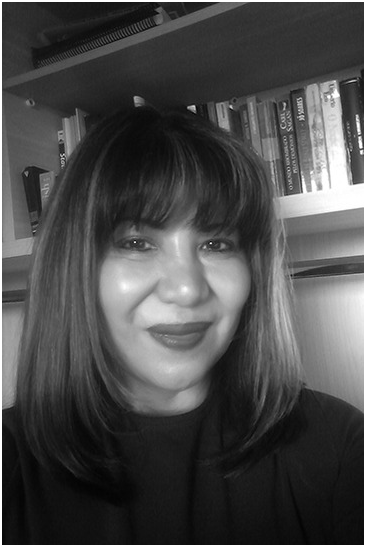Does XX = XY for Intelligence?
from Section 3 - Cognitive and Social Factors
Published online by Cambridge University Press: 20 July 2020
We conclude that there are no overall (average) differences between women and men in general intelligence, but there are some large and persistent differences on cognitive abilities that on average favor males (e.g. mathematics, mental rotation, mechanical) or favor females (verbal ability, most tests of memory). There are more males in the low end of the intelligence distribution, at least in part, for sex-related genetic reasons. There is no genetic evidence for more males in the high end of the intelligence distribution. Paradoxically, societies with greater gender equality do not show reduced differences on many cognitive measures. Our conclusions are about group differences. Thus, these mean differences have no clinical or social significance at the individual level.
To give readers a broad coverage of the field we suggest reading articles written from various perspectives. We hope that the contradictions in these readings will encourage readers to think critically about this controversial topic.
Diane F. Halpern is Professor of Psychology Emerita from Claremont McKenna College and Dean of Social Sciences Emerita from Minerva Schools at KGI. She has published many books and hundreds of journal articles on sex differences in cognitive abilities and critical thinking, and is the author of the Halpern Critical Thinking Assessment (HCTA). She is past president of the American Psychological Association, the Western Psychological Association, and the Society for the Teaching of Psychology. She was named the Federation of Associations in Behavioral & Brain Sciences (FABBS) Honored Scientist (IHO) “Who made important and lasting contributions to the science of mind, brain, and behavior.” www.fabbs.org/fabbs-foundation/honoring-our-scientists/honor-diane-f-ha/
Halpern was born in Philadelphia, Pennsylvania. In order to get a better understanding of psychology from numerous cultures, she taught courses (most of them a semester long) in Canada, Mexico, Turkey, Russia, China, and Portugal, among other places. Her parents immigrated to the United States to escape the dangerous growth of anti-Semitism in Europe. Her father was from Romania and her mother was from Poland. Her first language was Yiddish, which developed as a fusion of German, Hebrew, Aramaic, and Slavic languages. She has a racially mixed family.
Carmen Flores-Mendoza is a psychologist at Federal University of Minas Gerais, Brazil. She works on individual differences in intelligence and personality, especially in the Latin American context. Flores-Mendoza was born in Lima, Peru. In the 1980s, her family moved to Brazil to escape the armed conflict (internal war) between the government of Peru and the Communist Party of Peru (a terrorist group known as Shining Path). The armed conflict turned Peru into a country where it was not safe to live. Now she has two nationalities: Peruvian and Brazilian. She attended University in the state of São Paulo, Brazil, and received her PhD from University of São Paulo. Her paternal grandmother was Chinese, and her paternal grandfather was indigenous Peruvian. Her maternal grandmother was “mulatto” (Black + White), and her maternal grandfather was a Spaniard (from Spain). So, Flores-Mendoza represents a mix of races.
Heiner Rindermann is a psychologist at TU Chemnitz, Germany, and works on education, ability development, intelligence, student achievement, economy and culture, and their interplay at the level of individuals and societies. Rindermann was born in Cologne, Germany, and grew up in Baden-Württemberg. He received his PhD from Heidelberg University. From 2008 to 2010, he was Professor of Evaluation and Methodology of Developmental Psychology at the University of Graz in Austria. He is a member of ISIR, APS, AEA, and Heterodox Academy. Science is for him an intellectual-philosophical task. He likes to walk, camp, and swim in the wilderness. He also likes to take photos (nature, architecture, art, people).
To save this book to your Kindle, first ensure [email protected] is added to your Approved Personal Document E-mail List under your Personal Document Settings on the Manage Your Content and Devices page of your Amazon account. Then enter the ‘name’ part of your Kindle email address below. Find out more about saving to your Kindle.
Note you can select to save to either the @free.kindle.com or @kindle.com variations. ‘@free.kindle.com’ emails are free but can only be saved to your device when it is connected to wi-fi. ‘@kindle.com’ emails can be delivered even when you are not connected to wi-fi, but note that service fees apply.
Find out more about the Kindle Personal Document Service.
To save content items to your account, please confirm that you agree to abide by our usage policies. If this is the first time you use this feature, you will be asked to authorise Cambridge Core to connect with your account. Find out more about saving content to Dropbox.
To save content items to your account, please confirm that you agree to abide by our usage policies. If this is the first time you use this feature, you will be asked to authorise Cambridge Core to connect with your account. Find out more about saving content to Google Drive.


